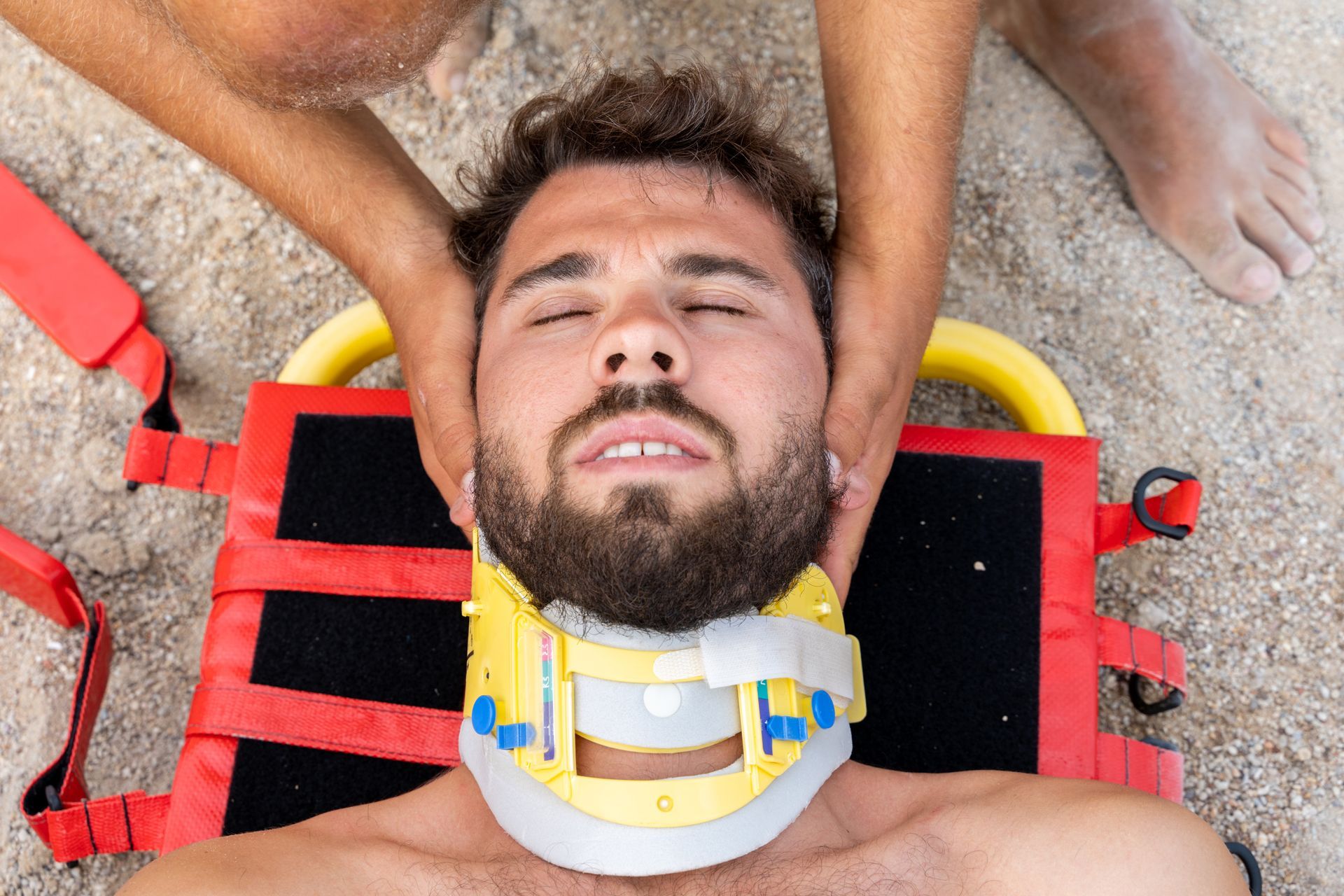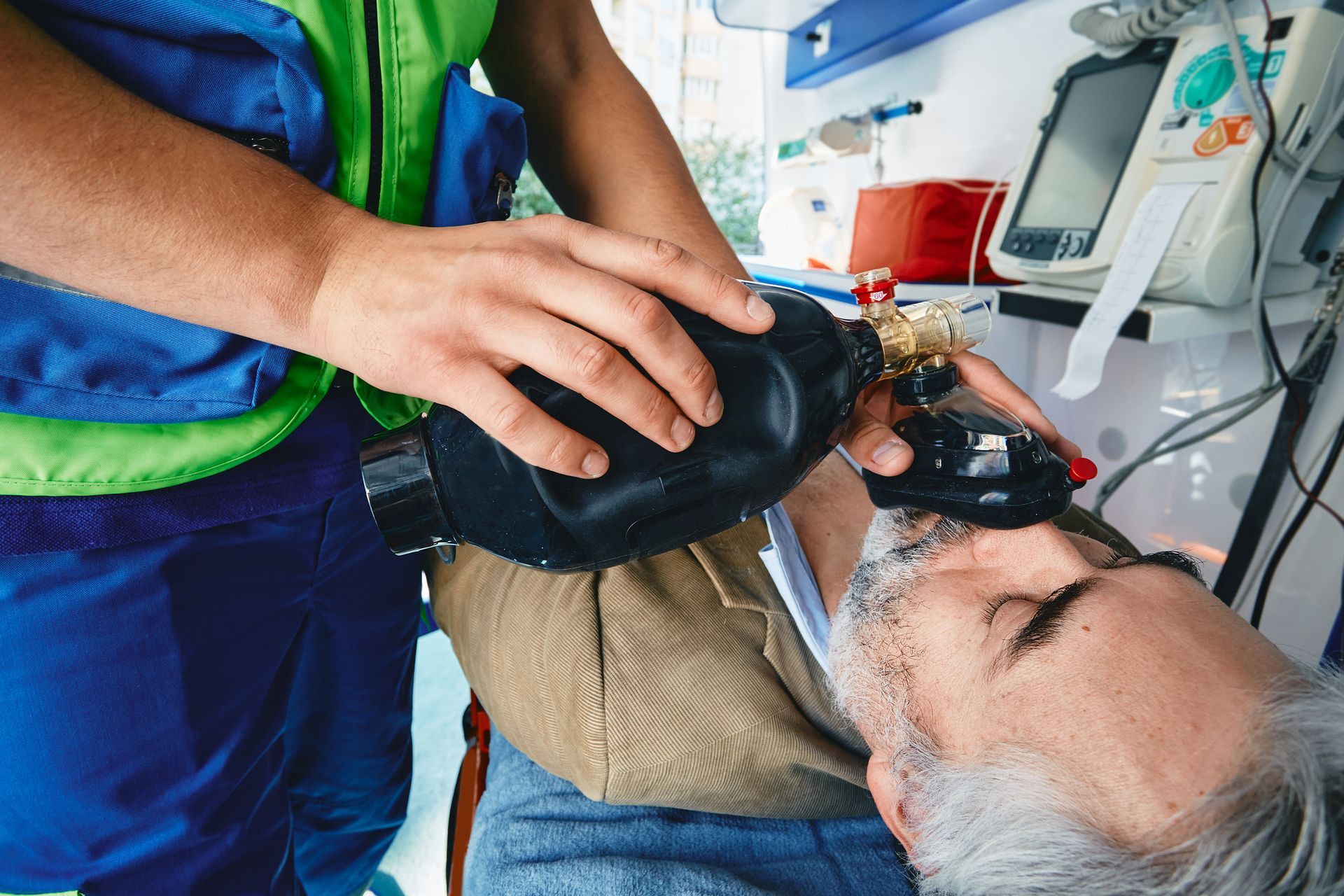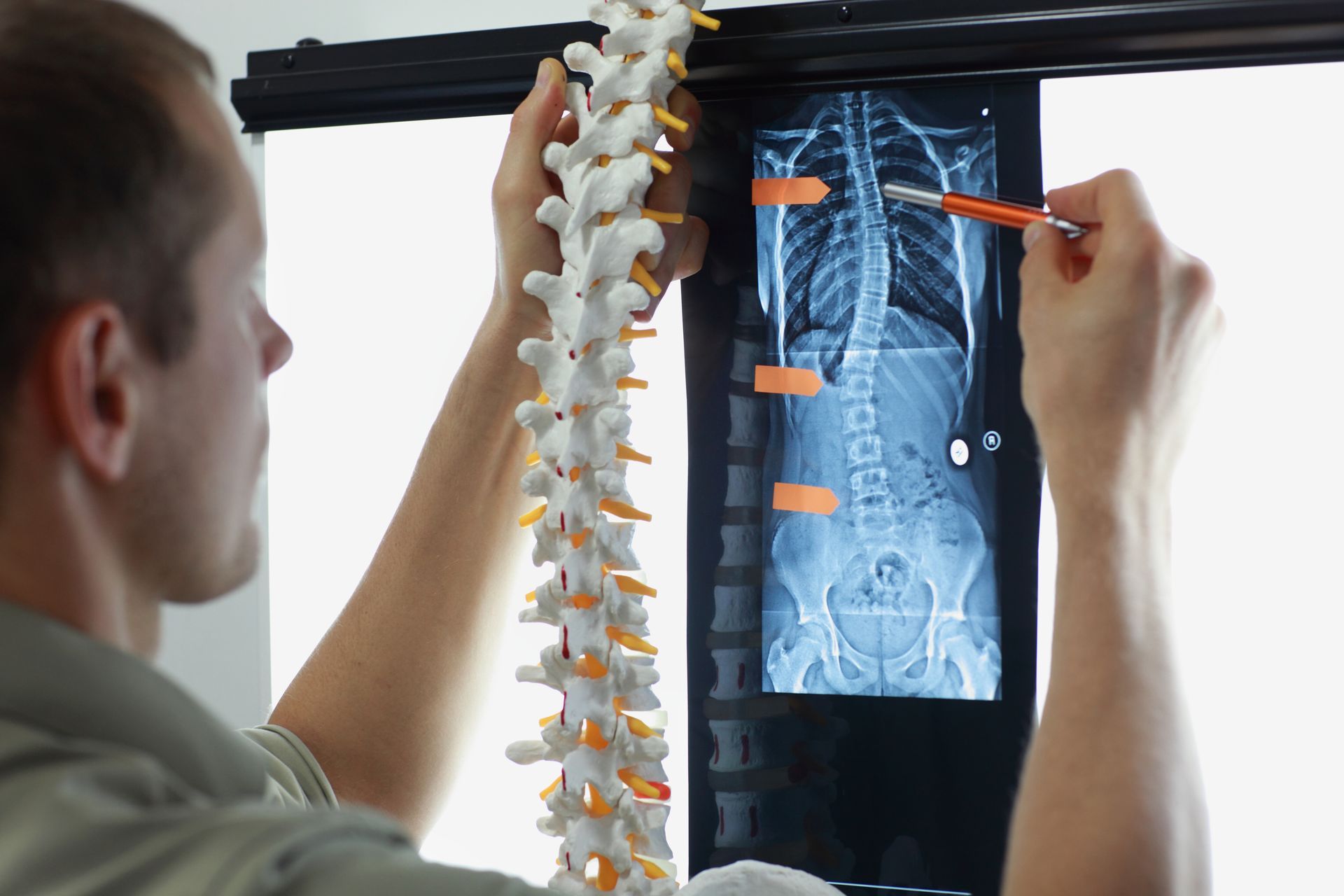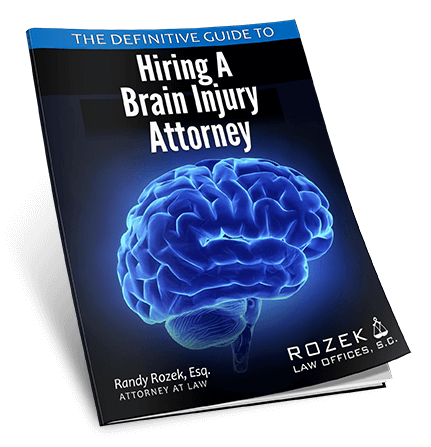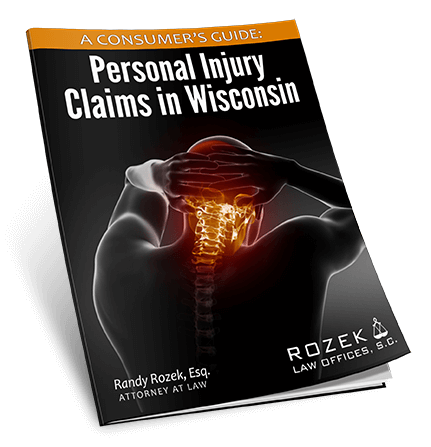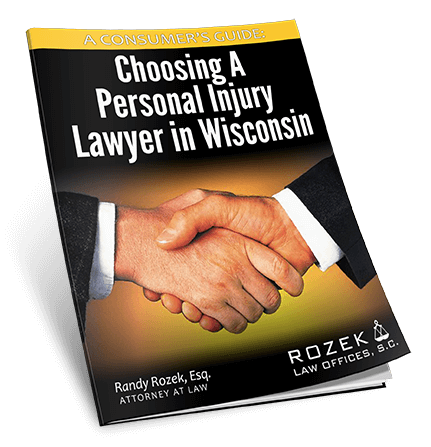Neurological surgeon discusses symptoms of brain injury
As part of National Brain Injury Awareness Month, which is in March, a neurological surgeon with the BayCare Clinic recently visited Wisconsin Tonight to talk about the impact of brain injuries, some symptoms associated with brain injury, and some preventative tips as the warmer weather approaches. Dr. Gerald Eckardt told Wisconsin Tonight that more than […]
As part of National Brain Injury Awareness Month, which is in March, a neurological surgeon with the BayCare Clinic recently visited Wisconsin Tonight to talk about the impact of brain injuries, some symptoms associated with brain injury , and some preventative tips as the warmer weather approaches.
Dr. Gerald Eckardt told Wisconsin Tonight that more than 3.5 million people suffer a brain injury every year in the U.S., according to the Brain Injury Association of America. About 12 million people living in America are living with the impact of brain trauma.
“Brain injuries typically occur anytime the head is bumped, jolted or penetrated, which interrupts the brain’s normal function. Some brain injuries are traumatic, such as a head injury during a car crash,” an article on NBC26 reads. “Other injuries are due to non-traumatic causes like drowning or a stroke. Still others, as in the case of a concussion, are less severe but can still disrupt normal brain function.”
Eckardt said symptoms vary for people who have suffered traumatic brain injury (TBI). A concussion can leave a person confused, dizzy, nauseated, and lightheaded – amongst other issues. A concussion is typically described as temporary unconsciousness caused by a blow to the head. The term is also used loosely of the aftereffects such as confusion or temporary incapacity.
A more traumatic brain injury may be long-lasting or even permanent and can include unconsciousness, internal bleeding, vomiting, numbness, the inability to recall the traumatic event, confusion, difficulty learning and remembering new information, trouble speaking coherently, unsteadiness, lack of coordination and problems with vision or hearing. A serious brain injury can also cause psychological issues and personality changes. Some brain injuries lead to death.
Certain types of traumatic brain injury may increase the risk of developing Alzheimer’s or other forms of dementia years after the injury takes place.
The Center for Disease Control and Prevention has several tips to prevent situations that can lead to brain injury.
- Buckling children in the car using a child safety seat, booster seat, or seat belt
- Wearing a seat belt every time you drive or ride in a motor vehicle
- Never driving while under the influence of alcohol or drugs
- Wearing a helmet and making sure your children wear helmets when riding a bike, motorcycle, snowmobile, scooter, or all-terrain vehicle
- Wearing a helmet when playing contact sports, using in-line skates, riding a skateboard, skiing or snowboarding
- Making living areas safer for seniors by: removing trip hazards, using non-slip mats in the bathtub, installing handrails on both sides of stairways and improving lighting throughout the home
- Making living areas safer for children by: installing window guards to keep young children from falling out of open windows and using safety gates at the top and bottom of stairs.
